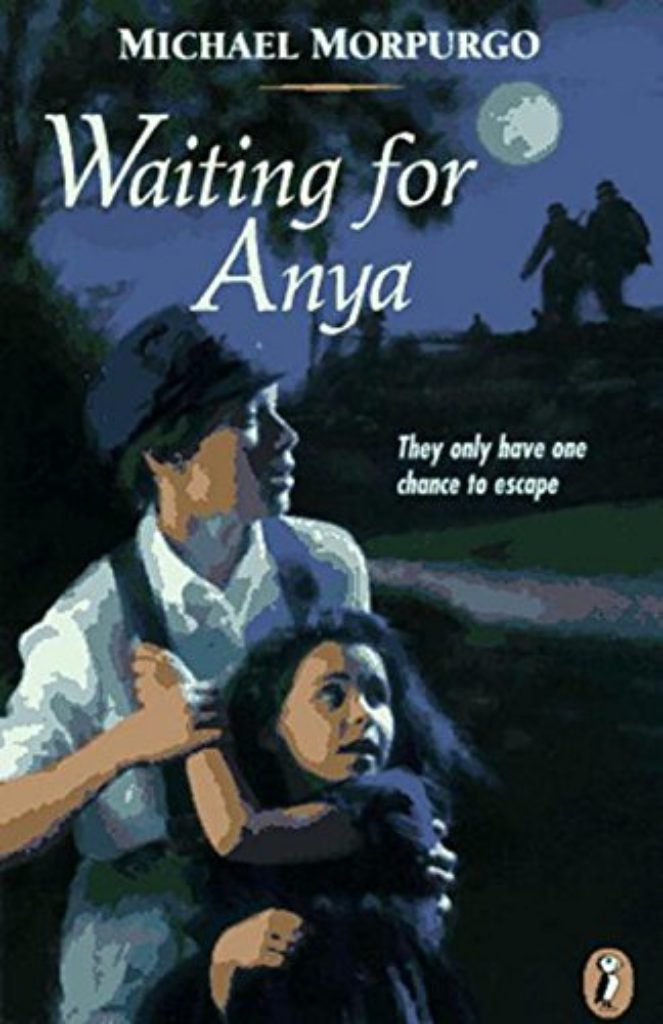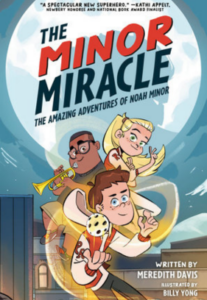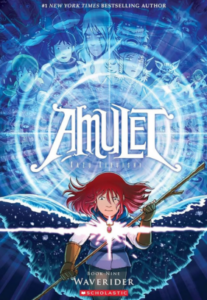While Jo’s father is fighting in the French army during the Second World War, Jo struggles with his responsibility in the hunting death of a bear and seeks to rescue the newly orphaned bear’s cub. He meets a gentle, mysterious stranger in the woods. The stranger cares for Jo’s wounded dog.
Jo follows the stranger and learns he lives with a reclusive widow in the mountains above the village. The stranger is her son-in-law, Benjamin. He is Jewish, and his mother-in-law is not. Benjamin is hiding there, waiting for his daughter, Anya, to arrive, because Hitler has demanded that France turn over all Jews to the Germans.
When he and his daughter originally tried to escape France, they had agreed to meet at this farm if they became separated. Benjamin refuses to leave the farm until Anya arrives, because he is certain that she survived the Nazi attack that separated them. Once she arrives, Benjamin plans to continue over the mountain border into the safety of Spain. In the meantime, Benjamin remains at the widow’s farm: hiding, praying and helping a series of other Jewish children escape across the border.
Jo returns to the village to find that German soldiers now occupy it, bringing the villagers and the border under a more watchful eye. Initially, the villagers clearly resent the intrusion. But over time they wrestle with the humanity of these enemy soldiers, beginning to see them as people, some who are truly kind and have suffered losses in the war.
With the border now effectively closed, Benjamin is unable to smuggle out the children who keep steadily arriving at the widow’s farm. As the strain grows on their resources, the widow enlists Jo, and eventually his grandfather, for help. They do so willingly and bravely, knowing it means death if discovered.
Jo’s father returns home after time in a POW camp. He is a broken man — physically and emotionally. Initially he is unable to step back into the role he had in Jo’s life. He has no patience for the occupying soldiers, sees any kindnesses toward (or from) them as collaborating with the enemy and violently lashes out at Jo for doing so.
Jo’s grandfather defends Jo’s actions, but in order to do so, must expose his own and Jo’s involvement with the refugees. This not only brings reconciliation between Jo and his father, but together, Jo’s family develops a daring plan to safely smuggle the children across the border. This particular plan will work only with the cooperation of the entire village — a dangerous experiment in trust.
The villagers agree to the plan, although some more enthusiastically than others. On the day they carry it out, some German soldiers appear suspicious, and there are a few close calls. The next day, while the villagers are celebrating secretly, they discover that Benjamin and one of the youngest Jewish children have been captured. All the other children safely made it across the border. The sight of these two being held captive breaks something in the village’s collective heart. Any tenuous solidarity with the soldiers is cut, and the villagers return to a cold emotional distance, now seeing the soldiers only as the enemy.
Before long the war ends, France is restored to her citizens, and the soldiers leave. But for this town, it is a hollow victory. During their retreat, the soldiers shoot and kill one of the young men of the village. Not done out of malice, and involving an element of misunderstanding, the incident is grieved by both sides. Another significant loss is that the villagers learn that Benjamin and the young girl were sent on to Auschwitz. Neither survived.
After the war, life tries to return to normal for Jo’s village, but Jo is still processing the changes and the loss, and in some ways may be withdrawing in a similar, although less violent, way, as his father did. In the last scene, Benjamin’s missing daughter, Anya, appears, arriving safely at last to her grandmother’s home.











